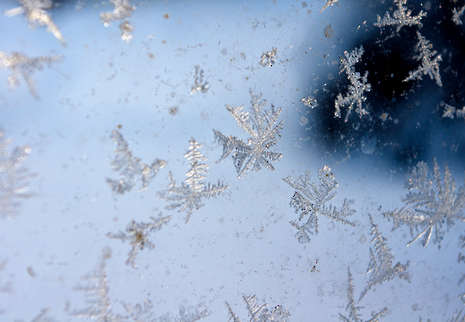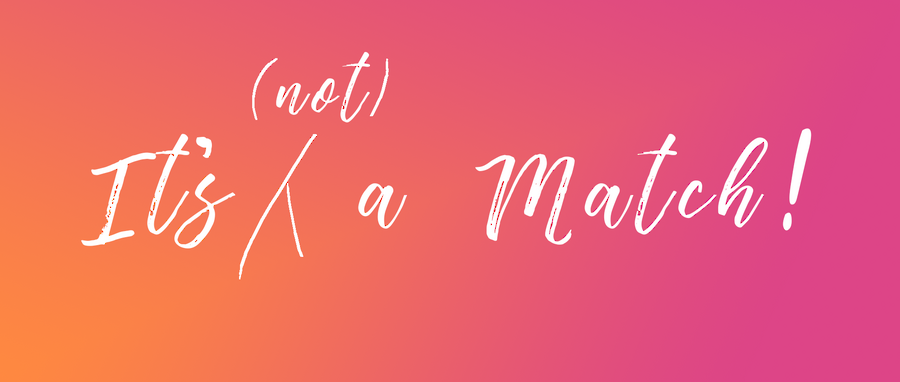
Generation snowflake or generation avalanche?
Ilona Harding-Roberts fights back against the accusation of a ‘snowflake generation’

Say the word ‘millennial’ and a number of things might come to mind: avocado, soy milk, veganism, Boomtown, and the depressing reality of being the first generation in decades destined to be worse off than their parents. OK, maybe that last one isn’t exactly the first to come to mind, but anyway.
But it’s one of the not-so-positive connotations of ‘millennial’ that perhaps gets the most attention, although not necessarily for the right reasons. Say ‘millennial’. Hear ‘snowflake’.
This is the idea that we’re all prissy, over-reacting brats who don’t know how lucky we are. In this view, the millennial is one who sits on a throne of entitlement, iPhone in one hand, Pret coconut-milk-chai-latte in the other, weeping at every offence and injustice in the world. Just spend 10 minutes scrolling through Twitter or Facebook and you’ll see a load of comments that hold the view that young adults and teens these days are, quite simply, over-sensitive.
The question is, what are we over-sensitive to? Without doubt, there have been some significant social changes taking place over the last 20 or so years, with the legalisation of gay marriage, the recognition of transgender issues, and a renewed look at the oppression of women in the 21st century making up a very small amount of recently highlighted issues.
It’s no surprise that many of these have been been controversial – with all change comes reaction. What is surprising, however, is the way young people specifically have been demonised as the ones who can’t cope with normal problems in life.
“The term ‘snowflake’ actually originates from Chuck Palahniuk’s 1996 novel and 1999 film Fight Club, which features the line ‘you are not special… you are not a beautiful and unique snowflake’”
The term ‘snowflake’ actually originates from Chuck Palahniuk’s 1996 novel and 1999 film Fight Club, which features the line ‘you are not special… you are not a beautiful and unique snowflake.’ Since I was born in 1998 (so very much make the millennial cut), it’s no surprise that I’m going to take offence at this derogatory term. I understand the irony, don’t worry: I’m writing an article about how offended I am about people thinking I get offended too easily.
Part of my justification for this is that I don’t believe ‘offence’ is exactly the right word to use. Let’s take its official definition: ‘annoyance or resentment brought about by a perceived insult to or disregard for oneself.’ (Ooh, look at that millennial, showing us she can google stuff). But this definition is important; it connotes a small-scale, personal affrontation, an attack on an individual. When someone tells me my dress sense is ‘ambiguous’ (true story), I might get offended. When a teacher at a school local to me refuses to acknowledge the pronouns of a transgender student, despite it causing the child great distress, I am incensed.
In some ways, it’s not hard to see how the accusation that young people foster a ‘snowflake culture’ has come about; some changes could appear overly thorough, such as avoiding the word ‘genius’ for its masculine connotations, or advocating for trigger warnings to be used in literature. To someone who has grown up in a world far removed from such concepts, I can completely understand how alienating and frustrating it feels to be told that your way of talking, viewing or thinking about the world is wrong.
This is also the view taken by many national newspapers, but its twisted narrative is something I find difficult to deal with. In one piece, Sun columnist Jasper Hamill quoted Claire Fox, head of think tank Institute of Ideas, as feeling shocked at the reaction of students when she said “rape wasn’t necessarily the worst thing a woman could experience”. She expected a reasoned debate, rather than surprised gasps, and explained how this shows how much we differ from “previous generations of young people, who would have relished the chance to argue back”.
The point, however, of so-called ‘snowflake culture’, is that we are arguing back. The plan is to stop anybody in the long term from feeling isolated, and create an inclusive society that recognises the existence of minorities, and takes steps to avoid unnecessary emotional trauma.
Blah, blah, blah, here she goes again. I know, I know, it sounds stupidly utopian and idealistic, but the fact is that if it wasn’t for people pointing out injustice, we wouldn’t ever have real, tangible change, like gay marriage, or cracks in the glass ceiling.
However, there is a limit to my idealism. I know the ‘snowflake’ accusation is one that will be put to use for some time to come, partly because it is so effective. In America, for example, the term is being used to undermine the efforts of teenage survivors of the most recent mass shooting, who have been demanding stricter gun laws. These kids, it was argued by some, are the epitome of generation snowflake, reacting with their emotions rather than rationality.
But as Rachel Parris so brilliantly put it on The Mash Report (honestly, give that woman her own show already), we shouldn’t conflate ‘people feeling a bit squeamish’ about stuff, and those who want legitimate change. ‘Who knows’, Parris wondered, ‘maybe these young snowflakes will cause an avalanche.’
I certainly hope snow


